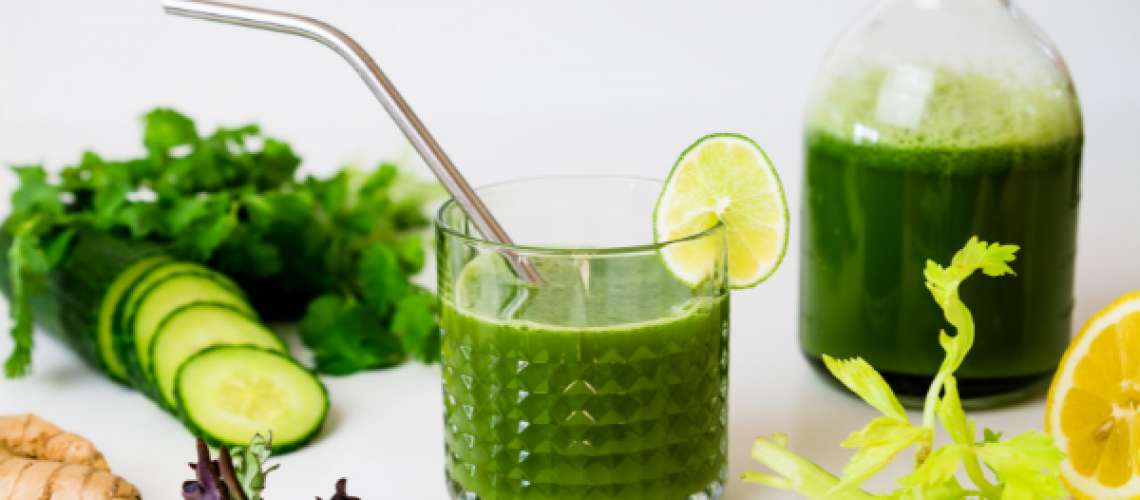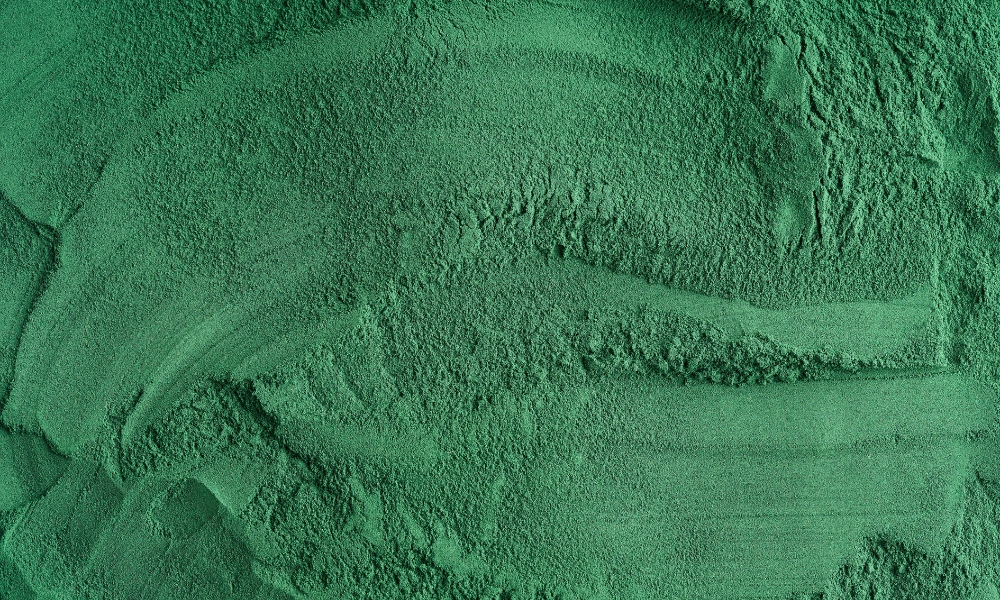Made with under the sun daily.
Made with under the sun daily.

Spirulina is a superfood recommended by nutrition experts. It is used for its cleansing and detoxifying faculties and for its protein intake.
Discover Spirulina, the superfood for nutrition and health
Often referred to as a superfood, spirulina (Arthrospira maxima, Arthrospira platensis) is a variety of algae that has an unparalleled nutritional value. Hence the interest in adding spirulina as a piece of health advice to make it known to greater numbers.
Spirulina, which has been eaten for centuries, is enjoying renewed interest. It is usually dry in tablets or powder but is available in freshly frozen form. It is so nutritious that it has won the favour of the World Health Organization (WHO) for its enormous potential against malnutrition and its health benefits.
The Spirulina, fresh spirulina, is an excellent source of vitamins. It contains approximately 71% protein and impressive amounts of beta-carotene (which the body converts into vitamin A), vitamin B12 and B-complex vitamins, iron, essential trace elements and gamma-linolenic acid (GLA). As it contains the nine essential amino acids, it is a complete source of protein for vegetarians. It is often used in detox to remove metals from the body.
Spirulina is usually taken in dry form (tablets or powder), however, today it is available in a fresh form and is tasteless and odourless, unlike the various dry forms. The recommended dose for adults is 1 serve per day (20g). Spirulina has been commercially produced for over 30 years and is found in most health food stores because of its success.

Spirulina is generally safe for adult consumers, but may not be suitable for people with autoimmune diseases as it may worsen their condition. Consult your GP prior if you aren’t sure.
A six-month study conducted on patients with allergic rhinitis (inflammation of the nasal passages) found a marked improvement in their condition with spirulina compared to placebo.
In recent years, studies have highlighted the many potential therapeutic qualities of Spirulina. Research suggests that spirulina may protect itself from the body. One study found a preventive effect of liver cancer in rats that had taken Spirulina supplements.
Other research suggests that spirulina may be useful in the treatment of high cholesterol and type 2 diabetes. In a study of healthy volunteers who took 4.5g of spirulina a day for six weeks, there was a decrease in blood pressure and total cholesterol, particularly “bad” cholesterol (LDL), with increased “good” cholesterol (HDL). Two small studies investigating the effects of spirulina supplementation in type 2 diabetes found improved fasting blood glucose and blood lipid levels.
The hypothesis that spirulina can slow down the transformation of HIV into AIDS is being researched. These are intended to support contingency reports describing a link between people who regularly eat seaweed in Chad, Korea and Japan and their low rates of HIV / AIDS. There is currently no comprehensive study on the subject, but recent pilot research in which spirulina has been administered alone or in combination with brown algae called wakame (Undaria pinnatifida) has shown promising results with no side effects. It is believed that there is a relationship between taking Spirulina and improving the signs and symptoms of HIV over time. One patient who received spirulina supplements for 13 months had a decrease in some immune system cells (CD4 cells), which indicate the presence of HIV, as well as a quantitative decrease in the virus in his body.
Did you know that?
The European Space Agency and NASA have been studying a life support system for long-duration space missions, and both have agreed that a particular strain of Arthrospira (spirulina) could become a convenient source of nutrition.
From The Amazing Healing Powers of Nature, Reader’s Digest

Founded in Southeast QLD and located on Certified Organic farmland, we are an Australian-made Fresh Spirulina commercial farm. We are subject to the Australia New Zealand Food Standards Code and produce fresh Spirulina using food-grade nutrients only, pay attention to the freshness and health of our spirulina.
You can visit us at our social media pages at facebook.com & instagram.com
Founded in Australia, Southeast QLD, Fresh Spirulina is a local biotech health company conducting research and innovation of micro & macroalgae as plant-based food products.
By appointment only
Monday - Friday: 08:00am - 16:30pm
Saturday - Sunday: Closed
'Let's Encrypt' SSL certificate installed on this website
*Disclaimer: Spirulina is Food, not drugs or medicine. Statements made, or products sold through this website, have not been evaluated by the Therapeutic Goods Administration (TGA) Australia. They are not intended to diagnose, treat, cure or prevent any disease. Read More »
All rights reserve © 2023, Fresh Spirulina Australia


Would you like to be notified when we start?



Thanks! You're on the list.
It's safe to close this popup now.